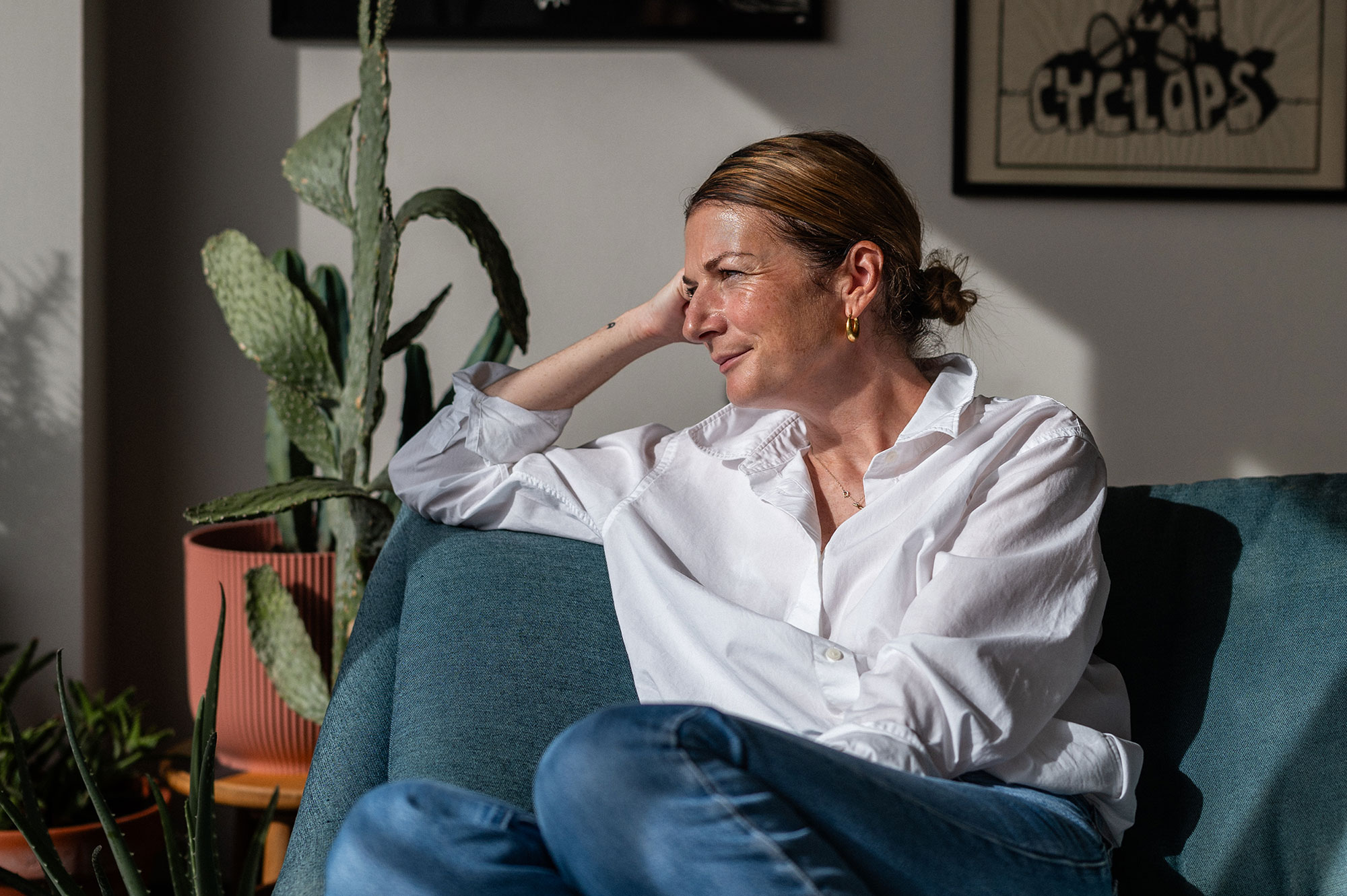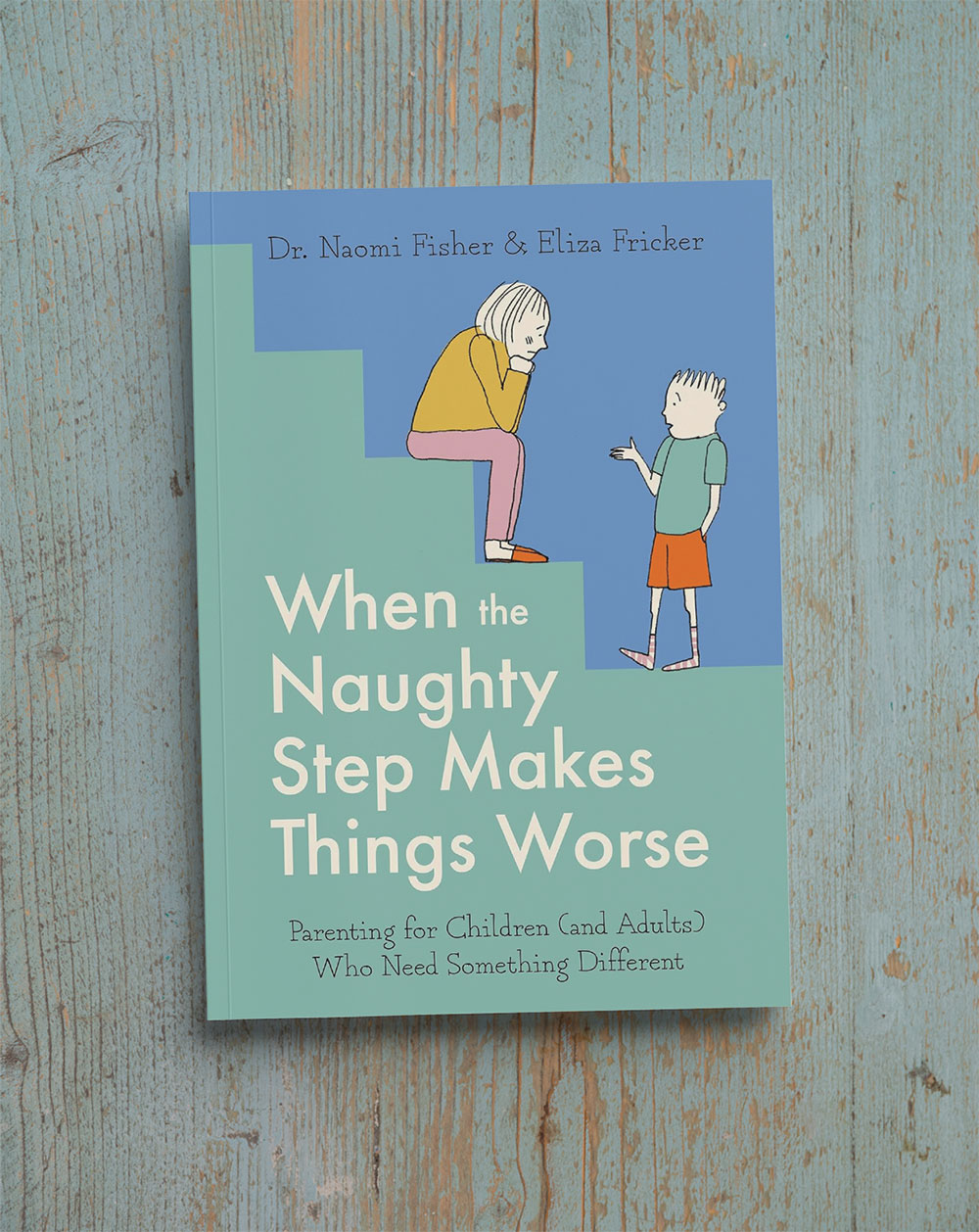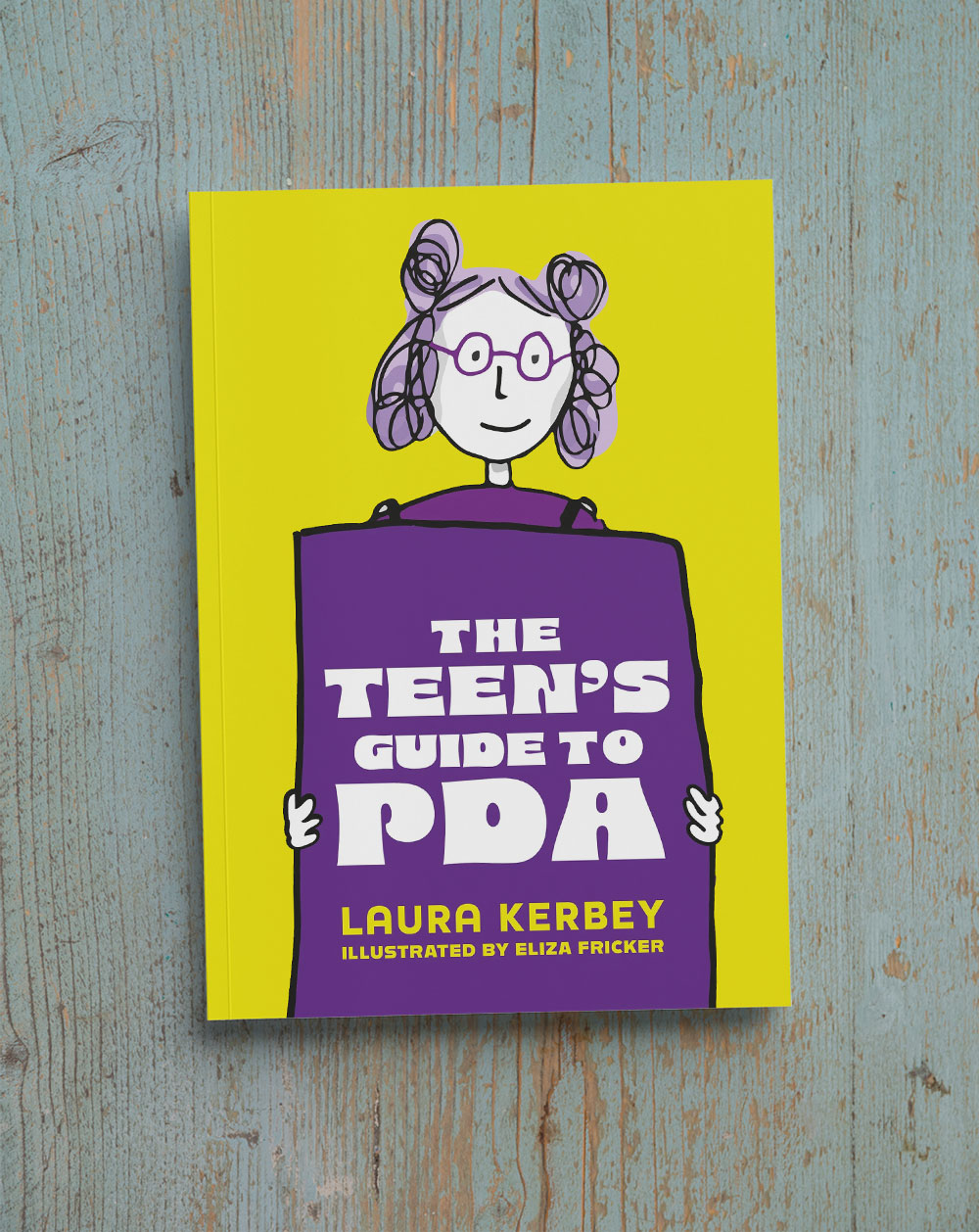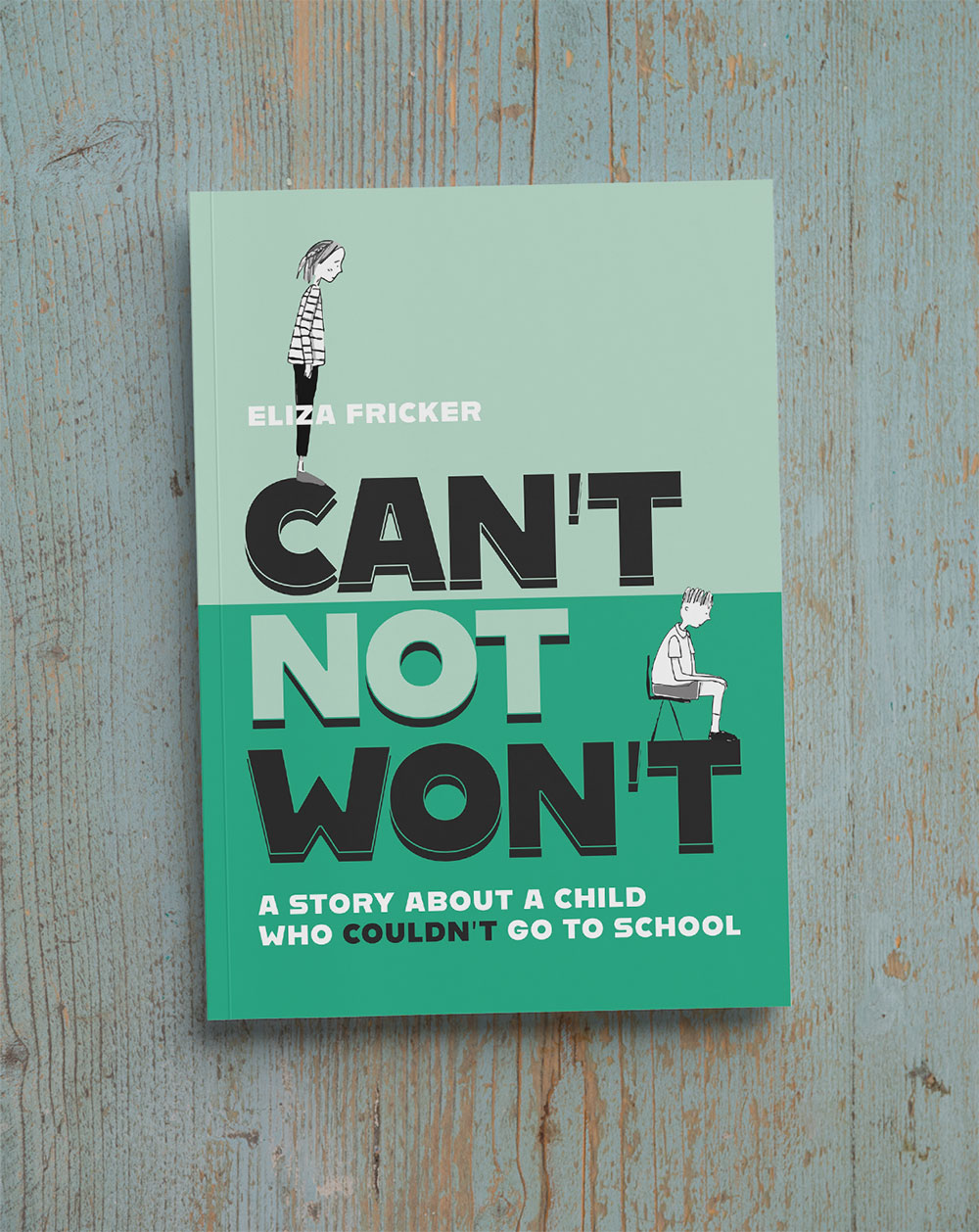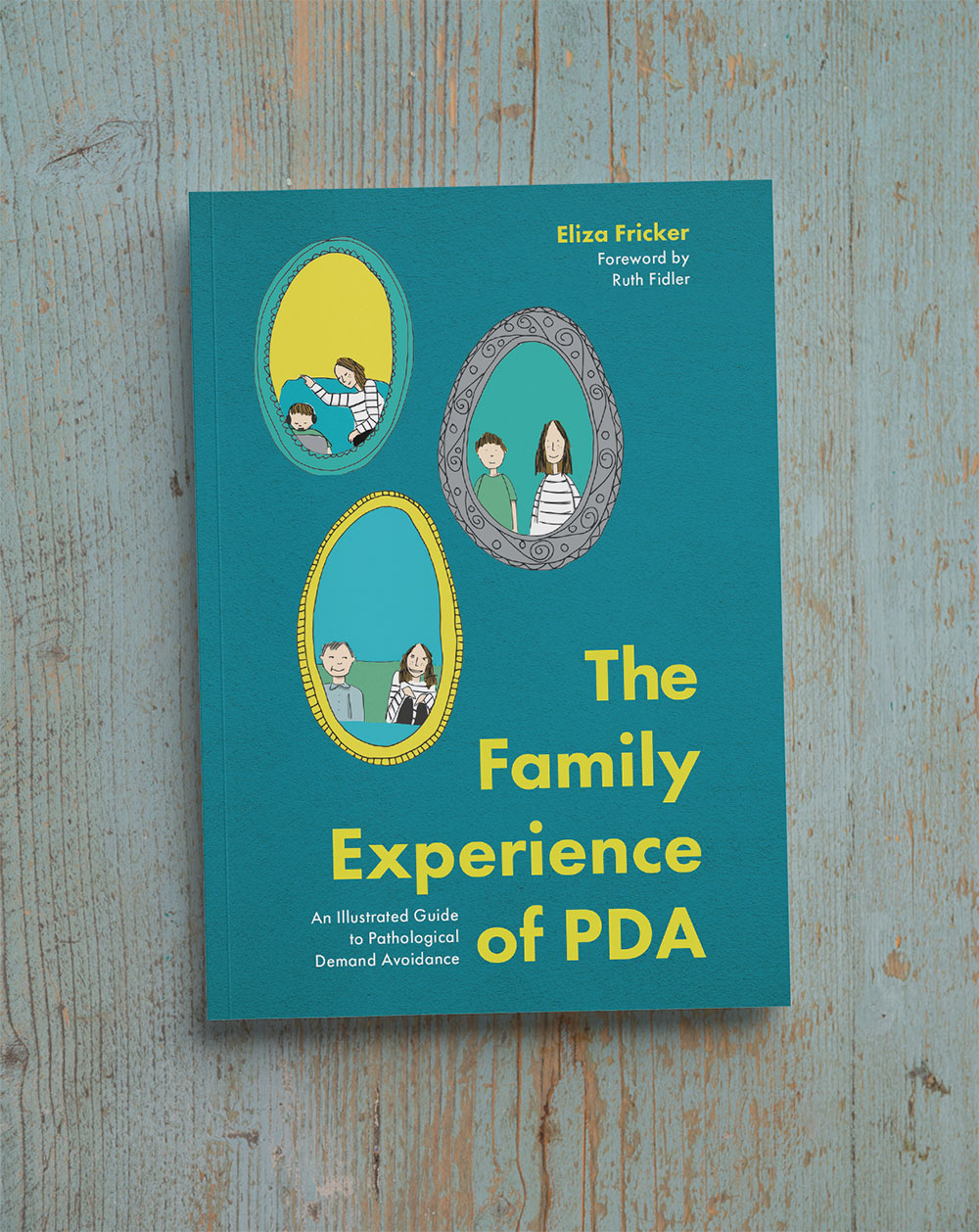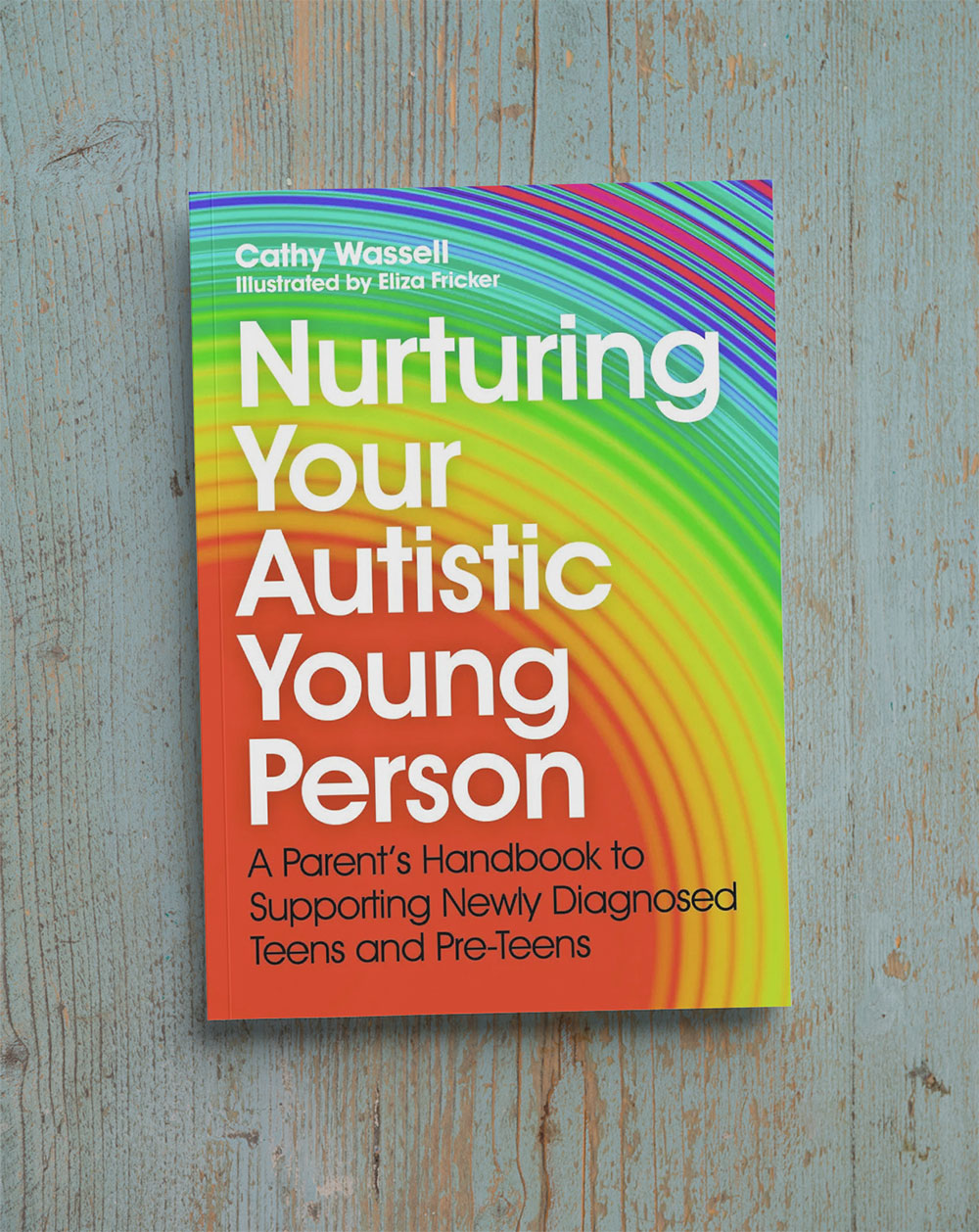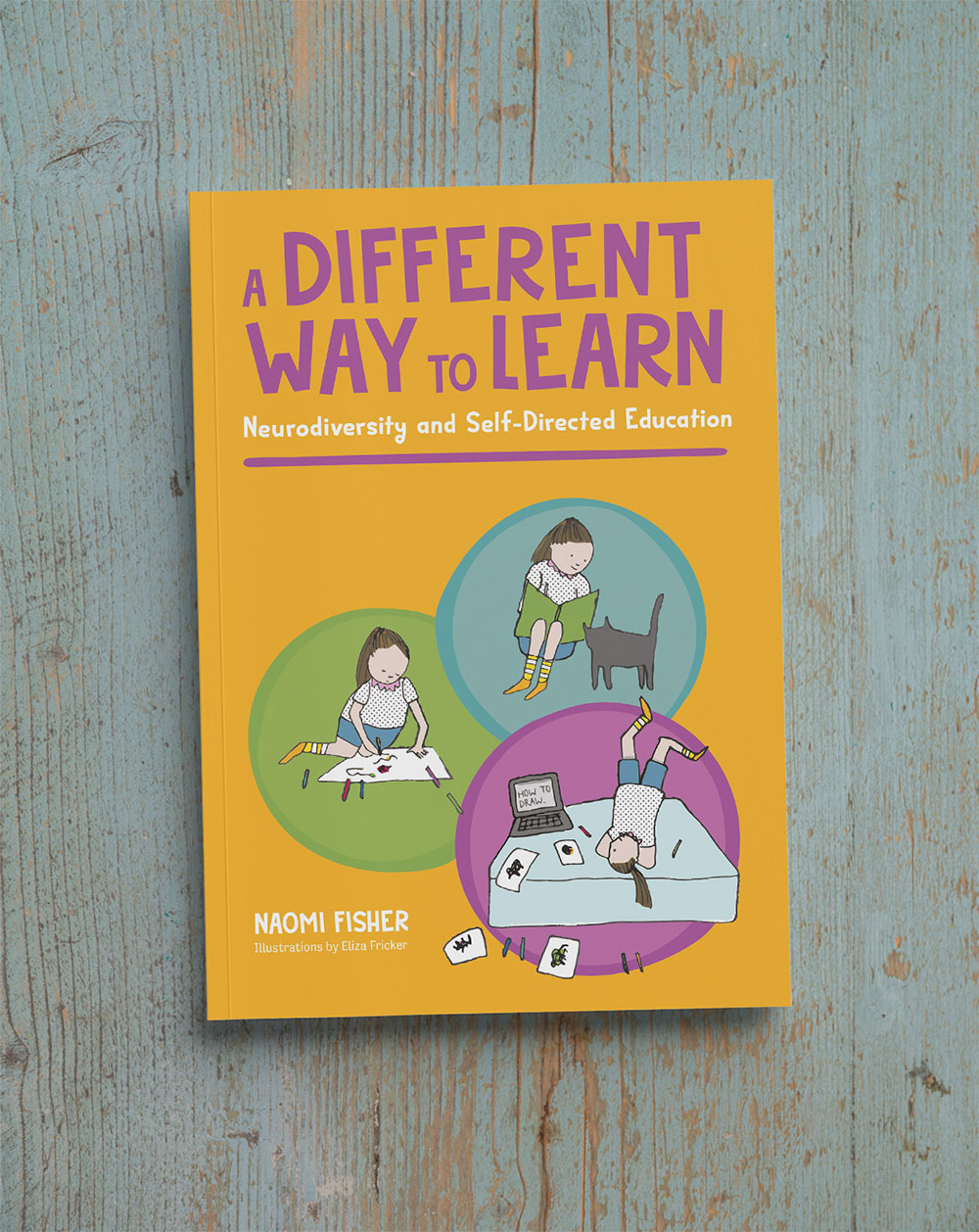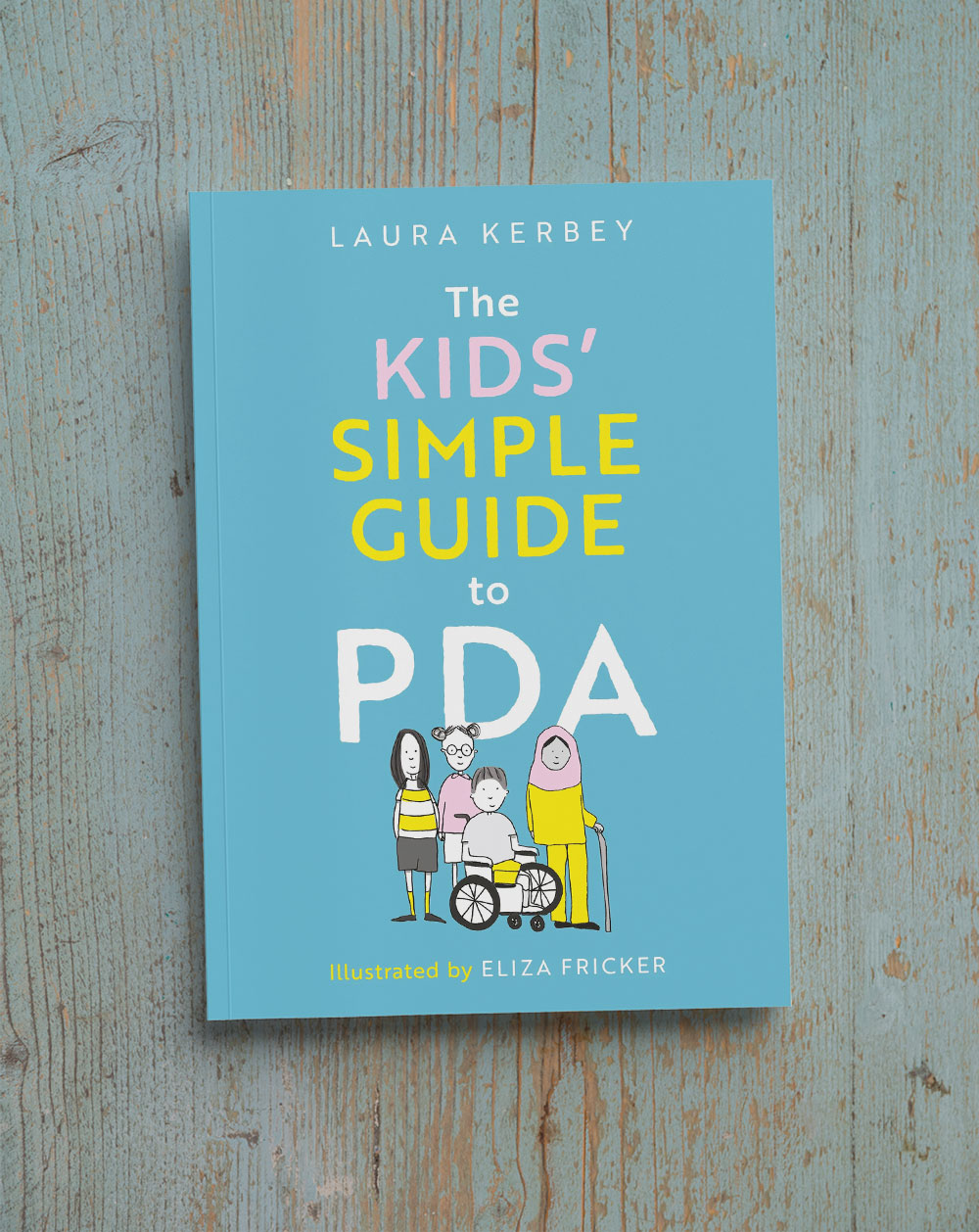
THE KIDS' SIMPLE GUIDE TO PDA
A gentle and engaging introduction to PDA for kids so they can better understand PDA friends or family members.
Through simple, child-friendly and age-appropriate explanations, readers can explore what PDA is and how they can support their PDA siblings or peers. There are also lots of opportunities for the reader to think about how everything relates to their own situation, and what they may need to stay safe and happy.
Containing funny and helpful illustrations throughout, this is the ideal way to explain the basics of PDA to kids - both the good bits and the tricky bits!
- WRITTEN BY LAURA KERBY.
- ILLUSTRATED BY ELIZA FRICKER.
- PUBLISHED SEPTEMBER 2025.
- JESSICA KINGSLEY PUBLISHERS.
Chair of Play England
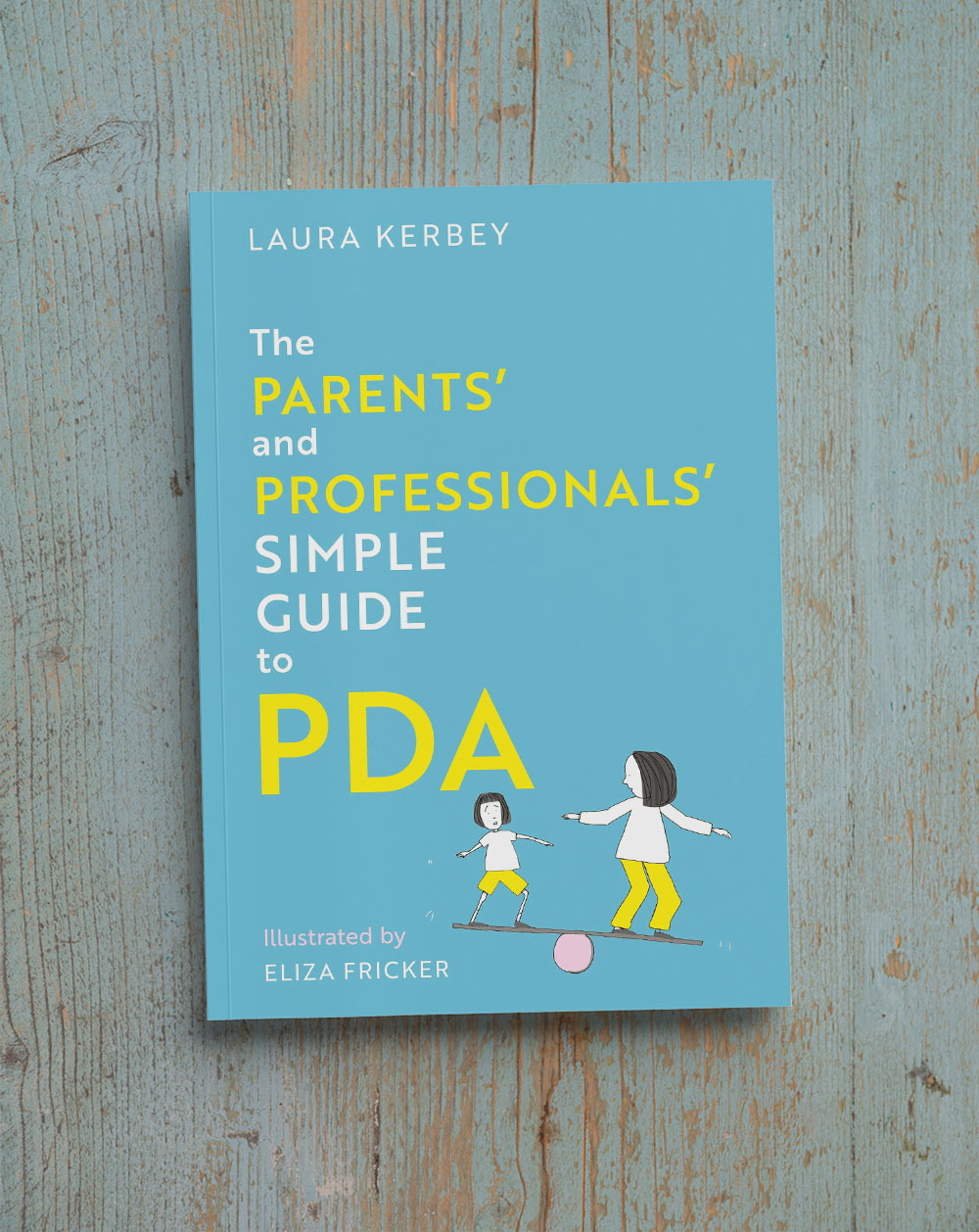
THE PARENTS' AND PROFESSIONALS' SIMPLE GUIDE TO PDA
A short, introductory guide to PDA for parents, extended family and professionals who are supporting a PDA child, with engaging illustrations throughout.
Including explanations of the basics of PDA and how it can present, as well as straightforward advice on how best to meet the needs of the PDA child, this is the go-to guide for anyone who wants to get a clear overview of PDA and find out how they can provide high-quality support.
- WRITTEN BY LAURA KERBY.
- ILLUSTRATED BY ELIZA FRICKER.
- PUBLISHED SEPTEMBER 2025.
- JESSICA KINGSLEY PUBLISHERS.
Clinical Psychologist
Chair of Play England
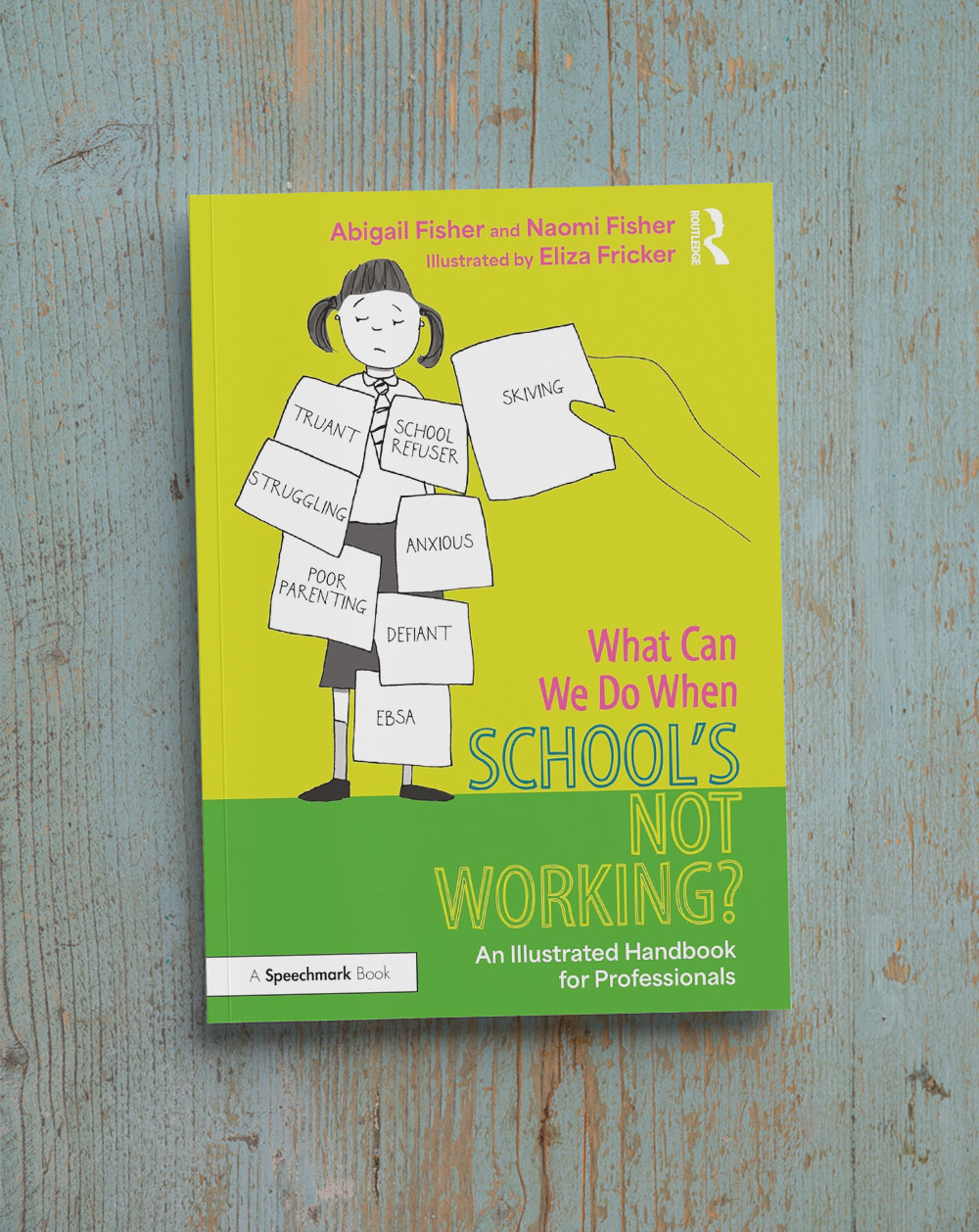
WHAT CAN WE DO WHEN SCHOOL’S NOT WORKING?
An Illustrated Handbook for Professionals.
An increasing number of children are struggling to attend school. The conventional approach prioritises a rapid return to their setting. For some children, this simply doesn’t work. They are stuck, not attending school but not learning out of school either. What happens then - and what can we do about it?
This illustrated guide lifts the lid on the experiences of children and families who are struggling within the school system and explores how we can work with these young people to maximise their chances of a positive and fulfilled life.
The book encourages professionals to take a new perspective and to consider what can be done differently. It explores the ways in which difficulties with school are understood by children, parents, and professionals, and shows how things can go wrong (and right), using real-life examples from a range of settings. Chapters delve into common interventions and the impact these can have in practice, before introducing alternative approaches which have the child at the centre. The voices of young people are foregrounded throughout, shedding light on their struggles with attendance - including when placements have completely broken down – and, importantly, showing how they have gone onto success. Original illustrations are included to bring these ideas to life.
Placing authentic experiences at the core, this book offers a valuable insight into the lives of children and families when school has gone wrong and will leave you with new ideas as to how to turn things around. What Can We Do When School’s Not Working? is essential reading for professionals working with children who are struggling with school attendance, from SENCOs and educational support workers to educational psychologists, senior leadership teams, and local authorities.
- CO-WRITTEN BY DR ABIGAIL FISHER & DR NAOMI FISHER.
- ILLUSTRATED BY ELIZA FRICKER.
- PUBLISHED APRIL 2025.
- ROUTLEDGE PUBLISHERS.
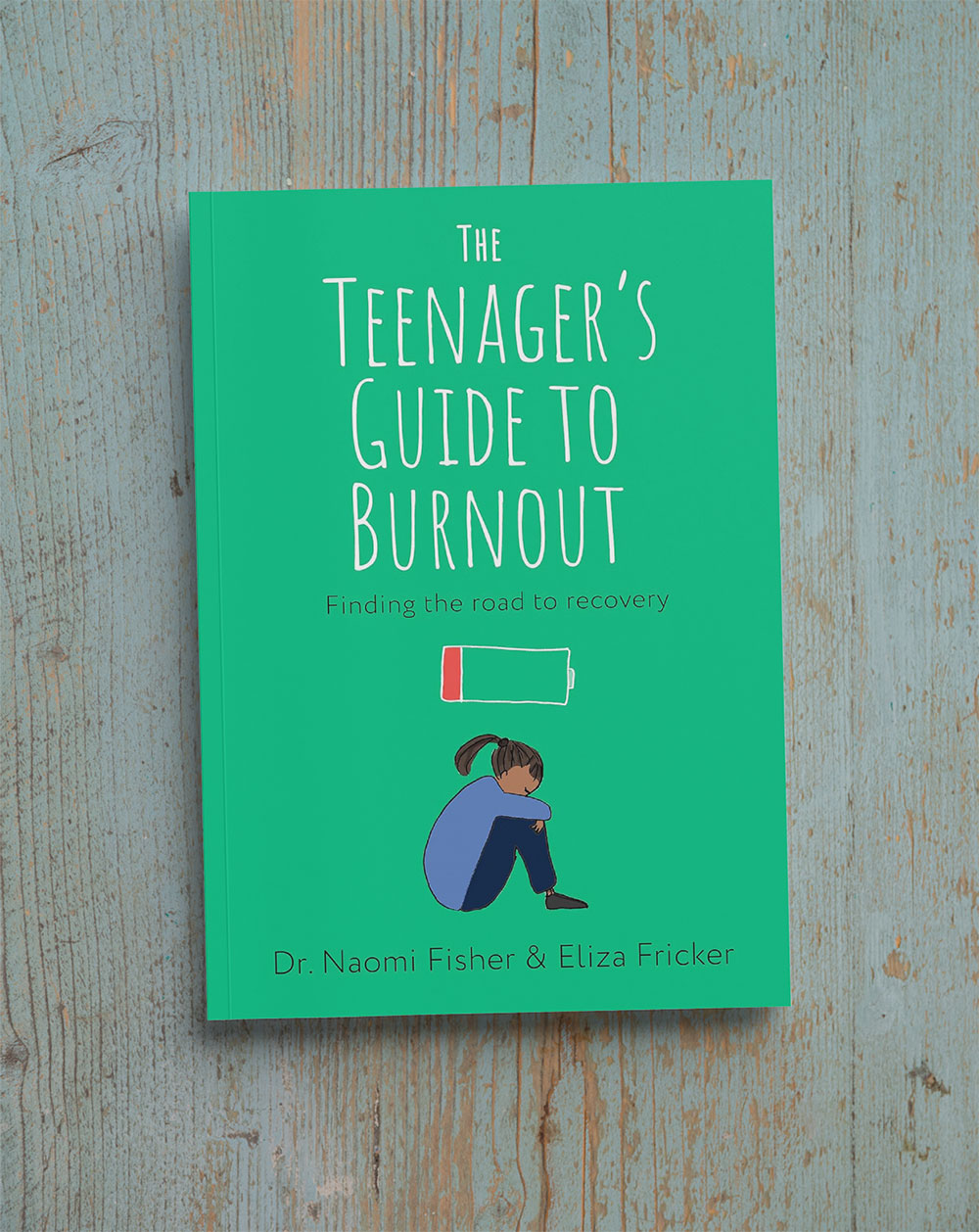
THE TEENAGER'S GUIDE TO BURNOUT
A new illustrated guide for teenagers that feel burnt out from the pressures of school and life, offering practical tools and support for recovery.
- Lacking in energy and feeling that your life has lost its sparkle
- Feeling like you can't ever quite relax
- Unable to sleep despite being exhausted all the time
- Finding that you don't really enjoy anything anymore, even things you used to love
- Feeling that everyone is irritating and no one understands
- Finding going to school really hard or not possible at all anymore
Does any of this sound like you? These are signs that you are experiencing burnout - your battery has taken a battering and you are running on empty. Many people think burnout only happens to adults, but it's something lots of teenagers experience too.
This book will help you to understand what burnout is, how you got there and what you can do to get back to a life you enjoy.
We've written it to help you work out if you might be burnt out, and if so, what you can do about it. It will help you identify some of the ways that you might be getting stuck when you're trying to get better. You'll get some ideas as to what is and isn't helping. And if you decide that you aren't really burnt out but you're heading that way, this book has some ideas to stop it from happening in the future.
- CO-WRITTEN BY DR NAOMI FISHER & ELIZA FRICKER.
- ILLUSTRATED BY ELIZA FRICKER.
- PUBLISHED DECEMBER 2024.
- ROBINSON PUBLISHERS.
Chartered counselling psychologist
BPS chartered psychologist and consultant HCPC-registered clinical psychologist
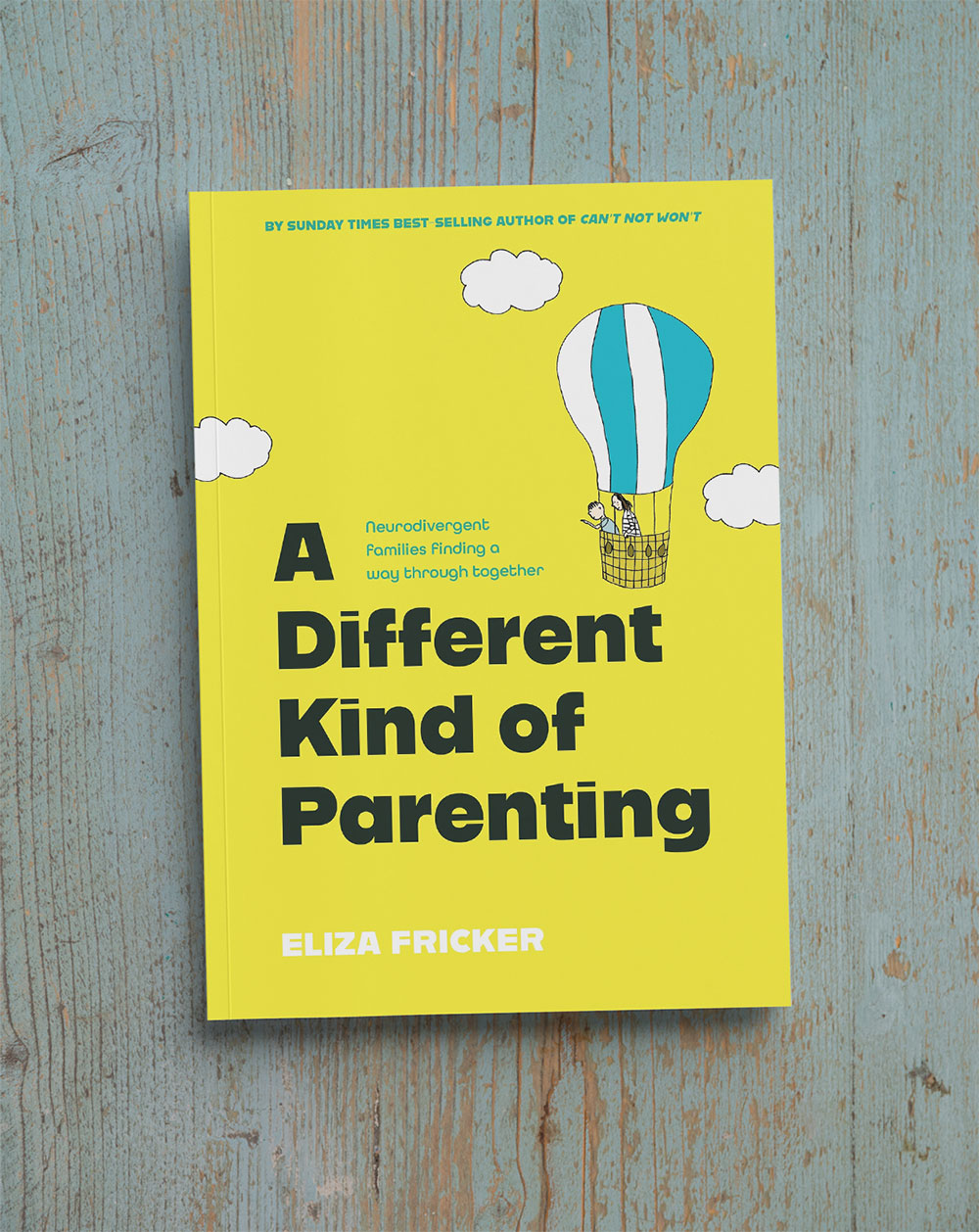
A DIFFERENT KIND OF PARENTING
"Our story is a story that's happening right now, to other families in systems around the world. To those families, I want to say: I see you, and I want shine a light on your experiences so you know you are not alone."
In this heart-warming and supportive new book, The Sunday Times bestselling author and illustrator Eliza Fricker lifts parents of neurodivergent kids from the dark days of grappling with impenetrable, underfunded systems, and shows them how life can become brighter - often by finding joy in the things that may seem small to everyone else but are huge milestones for our children.
Honest, full of humour and laced with advice that can be implemented into hectic day-to-day life, this is the little shot of hope that will keep you going when times seem toughest.
- WRITTEN & ILLUSTRATED BY ELIZA FRICKER.
- PUBLISHED OCTOBER 2024.
- JESSICA KINGSLEY PUBLISHERS.
Clinical Psychologist
Developmental Psychologist
MSW, Family Coach, Teen Whisperer
Clinical Psychologist
